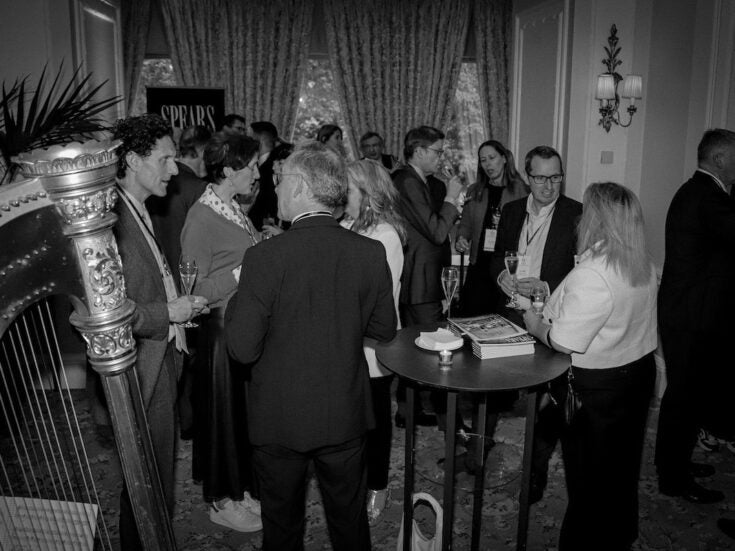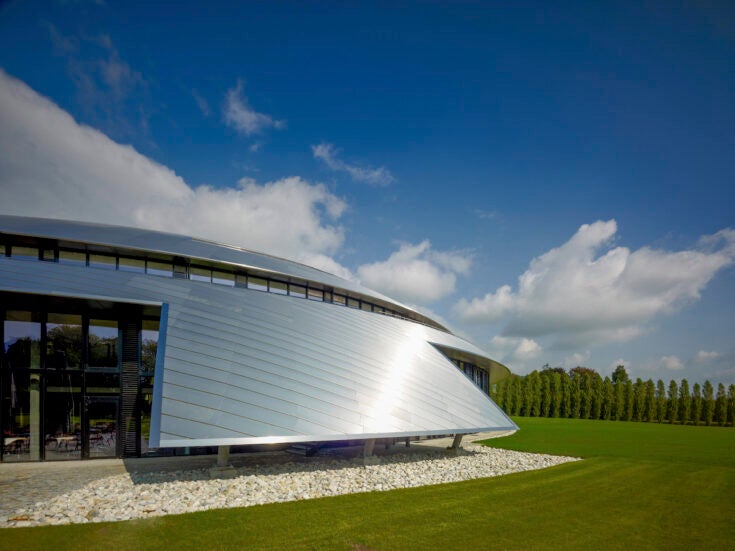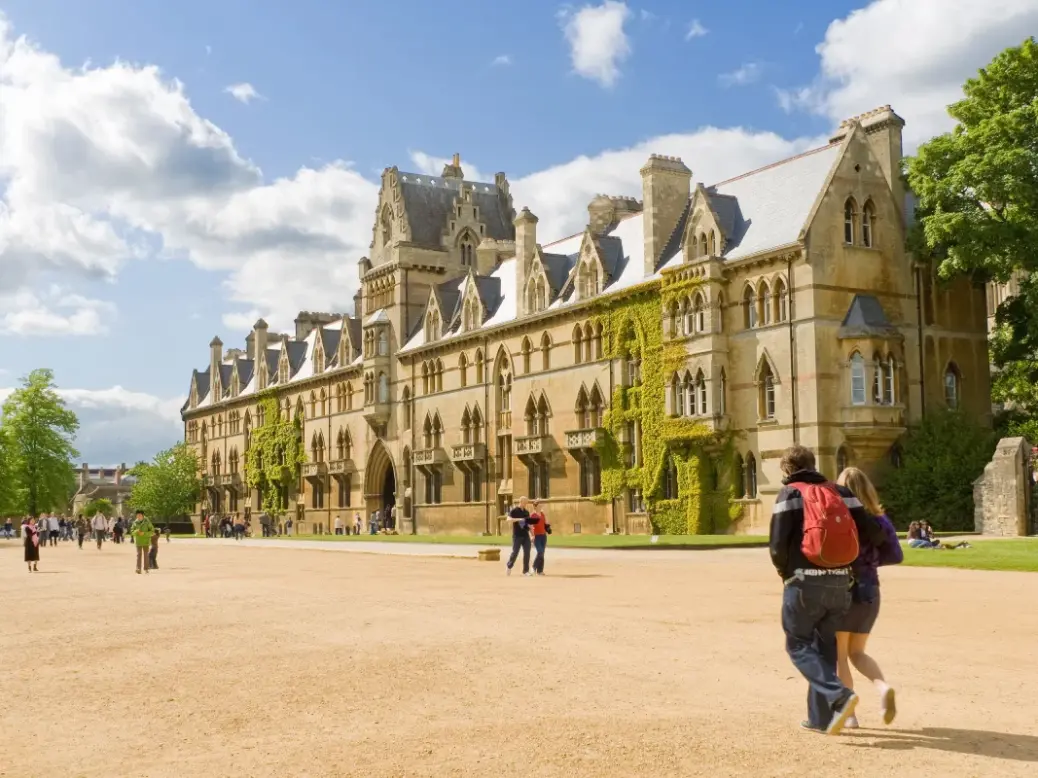
For parents hoping to give their children a head-start in life, it is often felt that an education at one of the world’s leading schools is no longer enough. Instead, these over-achieving youngsters are signed up for summer school: an opportunity to pack in even more academic rigour and extra-curricular activities into the school year.
[See also: Introducing the Spear’s Schools Index 2024]
Most closely associated with North America, summer schools are now a worldwide phenomenon with leading institutions in Switzerland and the UK also offering families pioneering programmes.
Some, like the university preparation courses offered by Eton, focus on academic achievement. Others, like programmes run by Cresset Capital in Cambridge, focusing on harnessing the talents of the next generation of entrepreneurs.
Spear’s signs up for the rarified world of elite summer schools and asks whether they’re worth the money.
Summer schools for the elite
Le Rosey summer camps (run in partnership with Régent Camps and Le Régent International School)
‘Swiss-made, of course’, runs the enticing tagline on Le Rosey’s summer camp website. Running since 1977, a range of different camps are organised each summer by the world-renowned school, with each promising a ‘unique life experience’ which will ‘enrich your child’s summer.’
The main offering is ‘Le Classique’, which caters for eight to 15-year-olds throughout July for four weeks. This is billed as a ‘generalist camp with a twist’ — alongside sports and visual arts, there are ‘culinary arts’ courses, as well as seminars on ‘digital creativity’ and leadership — and is offered to both English and French-speaking students. Up to 300 students can attend the camp.
[See also: Billionaire parents go to war with Le Rosey, the world’s most expensive school]
For a more intimate affair, students can opt for the ‘excellence camp’, a two-week programme of outdoor activities aiming to ‘fill your children’s holidays with wonderment’. This welcomes children to the ‘spectacular scenery’ of the Swiss Alps.
Designed for groups of up to 10 children, the mountainous programme is offered at a steep premium of CHF16,000 (‘Le Classique’ runs for twice the length of time, but is slightly cheaper at CHF15,000).
TASIS England
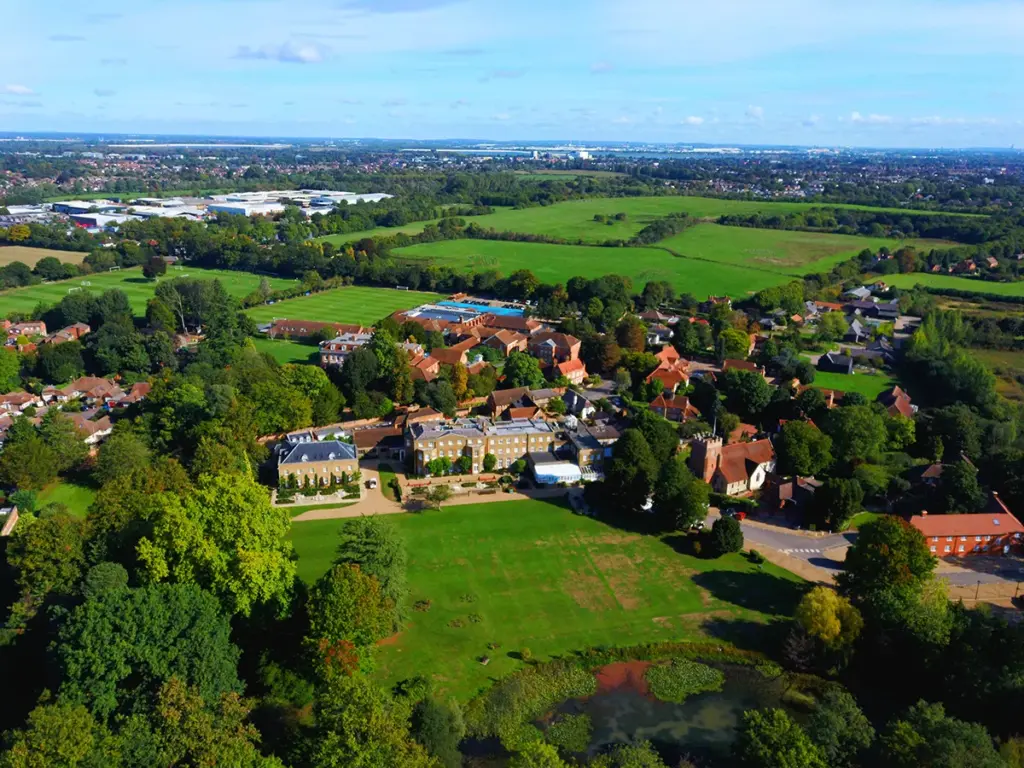
‘Young people from over 40 countries and a range of backgrounds learn, live, and grow together,’ TASIS England says of its summer programme.
Held on the boarding school’s 46-acre campus in Surrey, the summer ‘boarding experience’ seeks to give its young visitors the opportunity to ‘forge new friendships and create lasting memories as they participate in a programme that builds confidence and creativity’.
On the ‘expansive’ campus, where students access a ‘happy, community-centred environment’, a wide range of activities and sports are on offer, while ample free time is provided for rest and entertainment.
Away from the Surrey grounds, the proximity to London also offers ‘regular trips to the theatre, museums, art galleries, and other fun and historic sites,’ the school says. ‘Weekends are the time for adventure.’
Two sessions are run each summer, the first beginning in late June and running until the middle of July, and the other following straight after, which ends in early August. Each lasts for two-and-a-half weeks, and costs £4,995. A slight discount of £9,225 is offered to attend both.
Eton College
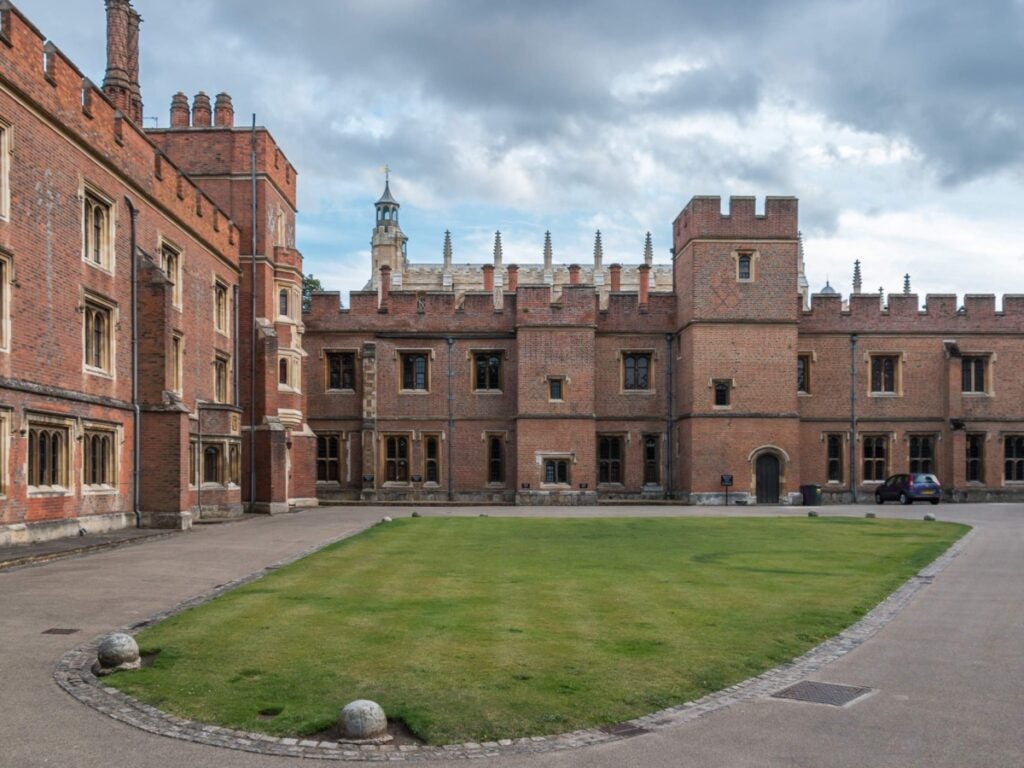
The UK’s most recognisable elite education institution offers a range of different summer school options, including a series of preparation courses for older pupils considering university admissions.
‘These non-residential courses at Eton are not about improving A Level grades,’ the school says. Rather, they are ‘designed to help students with their university applications through an exciting and challenging period of study.’
[See also: The 25 best UK senior schools in 2024]
The targeted approach might explain some of Eton’s exceptional university acceptance rates — 44 per cent of regular pupils at the school won places at Oxford or Cambridge in 2019, while 95 per cent gained entry to the Russell Group that year.
Alongside the academic courses, there are summer programmes for those looking to enhance their rowing skills. These programmes are no less luxe — participants are offered the opportunity to row ‘up the River Thames to visit Eton’s own island, Queen’s Eyot,’ the school’s website enthuses.
English language and cultural courses aimed at foreign students are also on offer. These also give the opportunity to tour a range of British universities, museums and cultural sites.
Oxford Royale
One of the big hitters on the prestigious summer camps scene, Oxford Royale bills itself as one of the ‘leading global providers of elite summer schools’.
In the nearly two decades the programmes have been running, over 30,000 students from around the world have been through its summer sessions.
‘Expertly crafted courses’ run by Oxford Royale run in both the US (at Yale or UC Berkeley) and the UK — with programmes offered at Oxford, Cambridge and in London. And, they’re not just for school-age students, the courses are ‘suitable for any stage in your academic journey’, the school says.
As well as finding ‘inspirational venues’ to host its students, Oxford Royale says it differentiates itself with its access to ‘world-renowned’ guest speakers, that have included Eliza Manningham Buller, MI5’s former director general Richard Dawkins and former Conservative Party leader William Hague.
London School of Economics Summer School
Operated for over three decades by the leading London university, the LSE Summer School is targeted at students who have an offer from, or have already started at university.
Course options as diverse as ‘Happiness and Policy’ and ‘Machine Learning in Practice’ are on offer. Students have the privilege of being taught by LSE’s very own tutors, experts ‘committed to teaching with academic rigour and contemporary relevance’.
Given the high standard of teaching on the short programmes, students are able to transfer some credit over to their full-time university programmes.
Separate sessions are available June, July, and August each year, with one course costing £2,500. Students wishing to take three courses over the summer can do so for a discounted price of £5,760.
As part of its summer school, LSE operates a ‘professional skills programme’ called Spark – a series of panels and events where students can ‘gain access to some of the most dynamic and exciting industry experts and business leaders in the LSE ecosystem’.
Harrow School
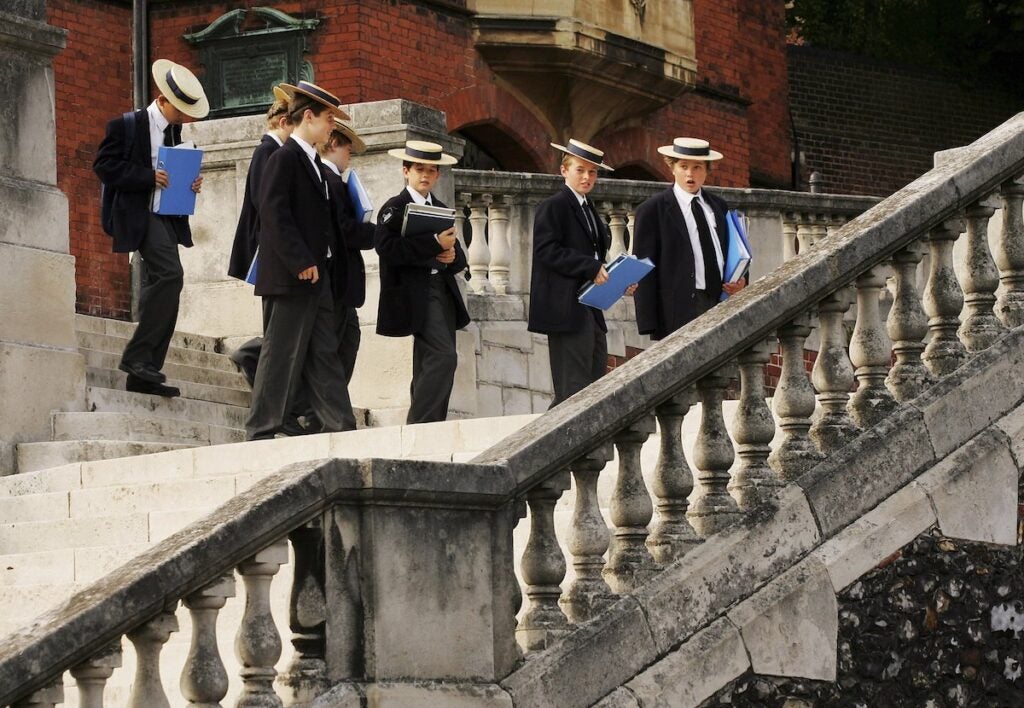
Harrow offers a more academic summer programme, tailored to both junior pupils and seniors, with a focus on English language skills. There are a range of combined programmes on offer which offer English alongside a sporting activity, such as tennis or football, science, or leadership instruction.
The tennis-focused programme gives students the opportunity to have lessons with Lawn Tennis Association coaches, held on Harrow’s ‘state-of-the-art’ courts — where ‘the first ever Wimbledon champion was produced’, according to the enthusiastic prospectus.
Meanwhile, a two-week leadership course has been designed for 15- to 17-year-olds (again, paired with English language tuition) that promises to teach students the ‘art of leadership’, drawing on the school’s unique experience in ‘helping nurture and develop young leaders’. (The school has educated seven prime ministers and five previous monarchs, the website reminds prospective students.)
Launch Generation by Cresset Capital
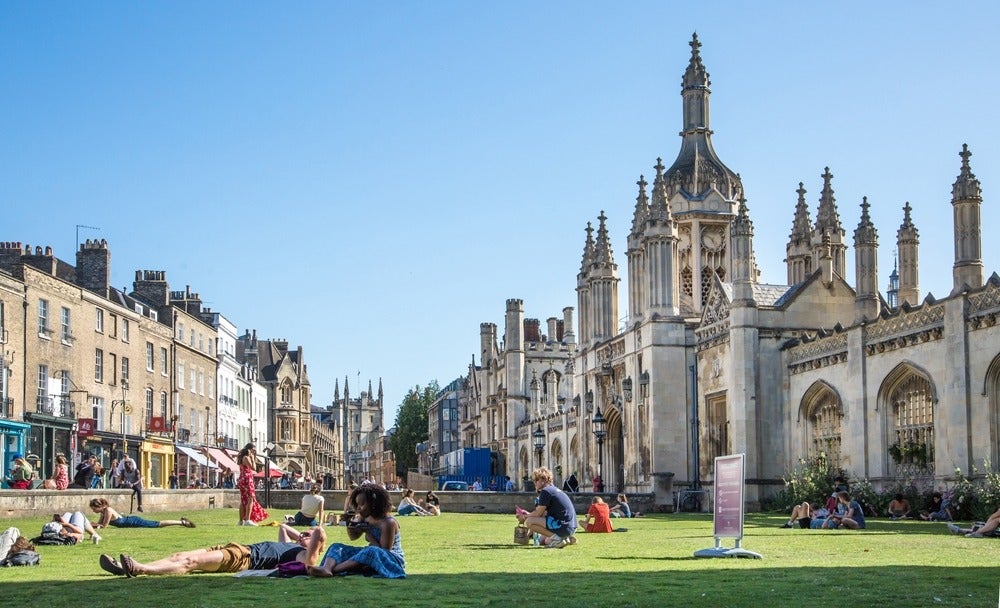
Held in partnership with Cresset Capital, Launch Generation is a uniquely wealth-focused educational experience for summer students held at Cambridge’s leafy Clare College for a week in July.
Promising a ‘personal’ and ‘impactful experience’, financial literacy is a core focus of the course, while the programme’s 25 students are encouraged to develop their entrepreneurial instincts. This means seminars on themes including how to negotiate, business structures and financial models — as well as softer skills such as personal goal-setting and building resilience, Launch Generation says.
The 14- to 18-year-old students are given pep talks by business figures from Cresset who also offer advice to the students of the eight-day course as they gear up to deliver their ‘final pitches’ of business ideas they have developed.
[See also: What is a family office and who needs one?]
‘We believe that our client’s children, and all members of the rising generation, need to be adaptable and entrepreneurial, but also grounded and financially literate,’ Whitney Webb, founder of Launch Generation, tells Spear’s.
Webb adds that it’s common for those leaving the programme to gain ‘a new sense of confidence in leadership capabilities, an understanding of what it means to live a financially independent life… and overall excitement for the future.’
While the typical clientele might include the younger relations of Cresset’s family office clients, the programme also offers a range of scholarships to help those less fortunate to secure places — with rewards of between 15 and 100 per cent off the value of fees. Webb says 25 per cent of students on the programme ‘attend on scholarship from partner non-profits.’
Harvard Summer School
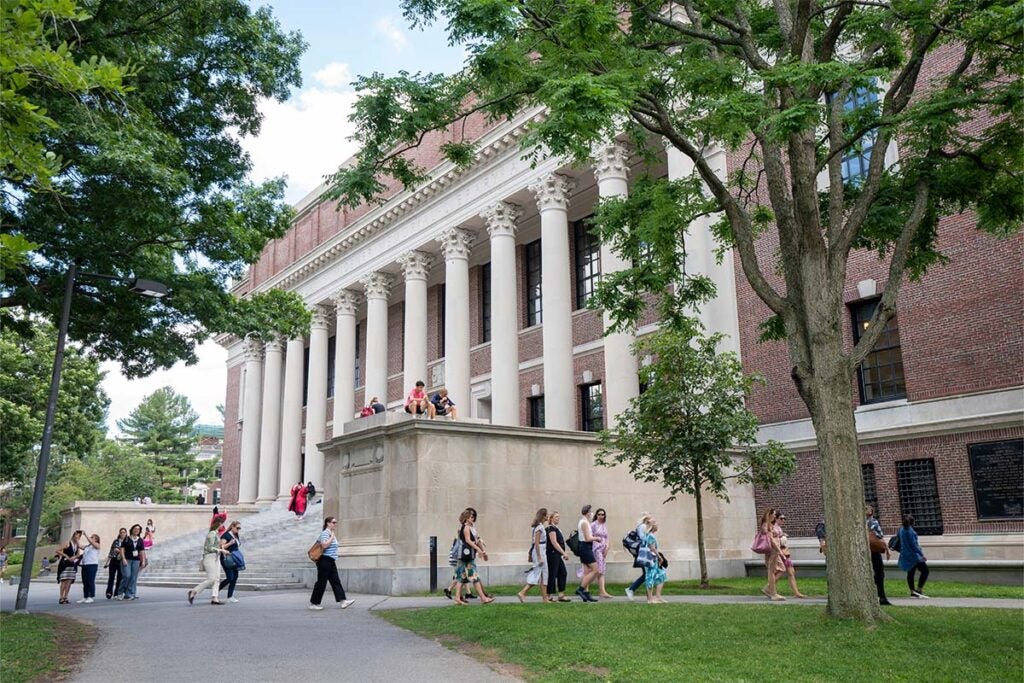
Each year, from June to August, the oldest college in the United States opens up its ivy-clad buildings to aspiring Harvardians. Applications are welcome for all students aged between 16 and 19.
The university’s programmes are designed to ‘help [students] navigate the college admissions process successfully’, as well as providing a taster of college life and giving an overview of the subjects on offer. Students have access to over 200 different topics, including astronomy and creative writing.
[See also: How to get your child into an Ivy League university]
As part of its signature ‘secondary school’ programme, students can pick up college credit over four to seven ‘transformative’ weeks. It allows students to study both online and in on-campus sessions and costs between $3,900 and $14,250.
There’s also a shorter ‘pre-college’ programme, which is described as an ‘academically rigorous on-campus program for exceptional high school students’. It takes place over a fortnight and is priced at $5,550.
Other elite US institutions have similar offerings, such as Stanford’s Summer Session, Yale’s Global Scholars programme and MIT’s Beaver Works Summer Institute.
Institut auf dem Rosenberg

Widely regarded as one of the world’s leading (and most expensive) elite educational institutions, Switzerland’s Institut auf Dem Rosenberg also prides itself on the summer camps it offers the world’s ultra-wealthy for more than 30 countries. Prices for a two-week programme begin at CHF11,035 (£10,000).
[See also: Institut auf dem Rosenberg: schooling the leaders of tomorrow]
The famed Artisans of Education (or ‘teachers’) take the school’s holistic and personalised learning approach and combine it with a range of outdoor excursions, creating ‘the most fun and personalised learning atmosphere possible’.
Among the ‘focused courses’ on offer are diplomacy and activism, sustainability and fine arts.
Two separate schemes are run in July for different age groups— one for juniors (between the ages of six and 13), and another for seniors (14 and up). Students are invited to attend for between two and four weeks.
InvestIn
Spear’s-recommended education adviser James Mitchell has dubbed InvestIn ‘the only private (non university sanctioned) course that I would recommend.’ The summer school, which takes place at University College London’s (UCL) Bloomsbury campus, provides an immersive experience for those aged between 12 and 18.
The course is designed to offer work experience in ‘15 of the world’s most desirable and competitive careers’ and is open to aspiring doctors, fashion designers, and investment bankers, among others.
Fees start at £5,745 for the two-week courses in July and August, while ‘premium’ experiences, which allow for extra networking, are priced at £6,745. InvestIn also runs weekend programmes in the Autumn and Spring.
Is an ‘elite’ summer school worth the money?
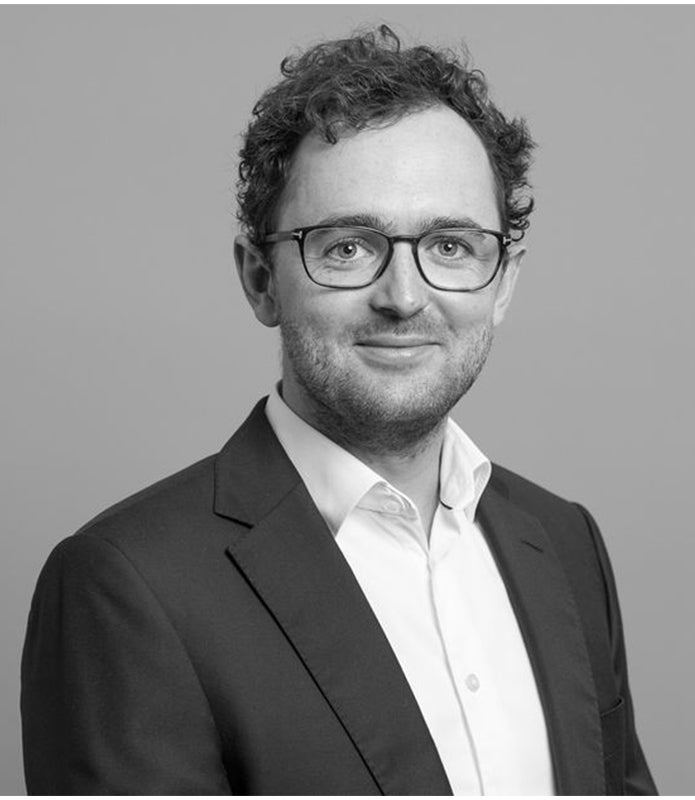
Mitchell says that summer courses ‘are not instrumental’ for students applying to British universities. Unlike many American colleges, UK-based higher education institutions tend to place a stronger emphasis on students’ academic qualifications and entrance exams – rather than the glossy programmes they spend their summers on.
‘They may not enhance prospects of university admission… but are an end in themselves,’ Mitchell explains.
In the US, however, Mitchell says that ‘attending a summer school can significantly increase a student’s chances of being accepted into elite universities’, through exposure to university-level coursework and engagement with faculty members. Attending can also demonstrate to US admissions committees that students are proactive.
[See also: The Spear’s Schools Index 2024]
Alongside the academic benefit, summer schools also allow students to take the first steps in their careers. Mitchell says the campus programmes can allow students to ‘develop a strong network of like-minded peers from around the world.’ Meanwhile, for young international students, a residential programme can lead to significant improvements in English-language skills, as well as the chance to prepare for boarding-school life.
While summer schools may help students to flourish academically and socially, Mitchell adds that the ‘time and effort’ spent attending could possibly ‘be better directed elsewhere – by way of examples, shadowing a researcher at a well-known institution or a partner at a Magic Circle law firm.’

